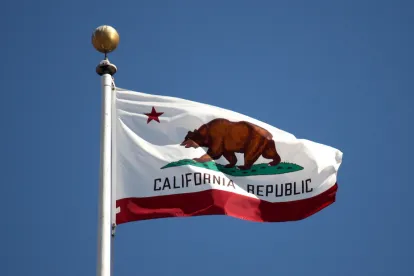The California Supreme Court has denied a petition for writ of mandate filed by the Service Employees International Union (SEIU). The SEIU, which was hoping to unionize Uber and Lyft drivers in the wake of AB 5, (read more of our AB 5 coverage here, here, and here), argued that voter-approved Proposition 22 (which permits rideshare drivers to remain independent contractors) should be declared unconstitutional because it “limits the legislature’s authority to provide for a complete system of workers compensation” and “usurps the judiciary’s inherent authority to interpret the constitution.” The Supreme Court denied the petition with a brief docket entry, noting the dismissal was “without prejudice” and allowing petitioners leave to refile their claim in a lower court.
In an argument probably best appreciated by the union itself, the SEIU complained that the measure “grossly deceived the voters” because they were not informed certain bargaining rights wouldn’t exist under the new law. Meanwhile, most reliable polling indicates that rideshare drivers themselves supported Proposition 22 by no less than a 4-to-1 margin.
An Uber driver and spokesman for Protect-App Based Drivers and Services released a statement saying, “We’re thankful, but not surprised, that the California Supreme Court has rejected this meritless lawsuit. We’re hopeful this will send a strong signal to special interests to stop trying to undermine the will of voters who overwhelmingly stood with drivers to pass Proposition 22.” Notably, Proposition 22 received 58% of the November vote which had the state’s largest voter turnout since 1952.



 />i
/>i

